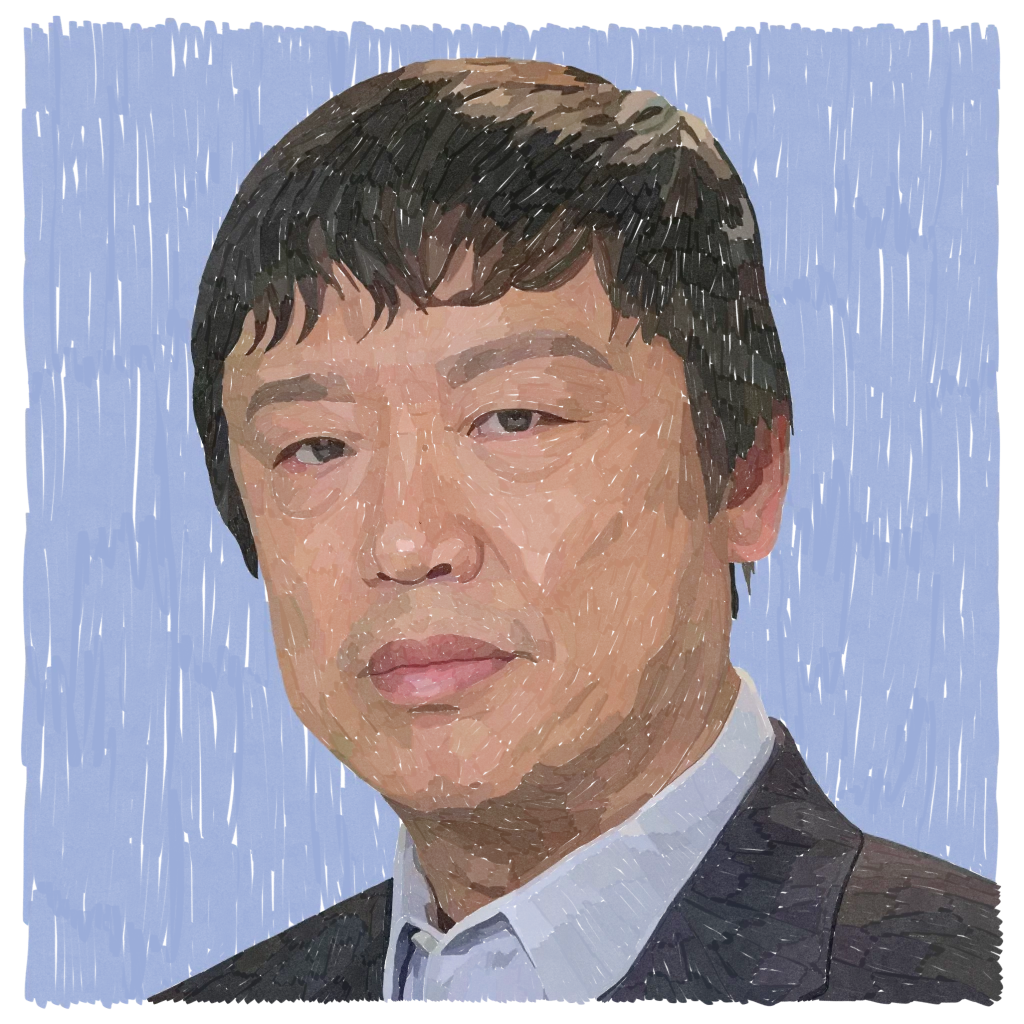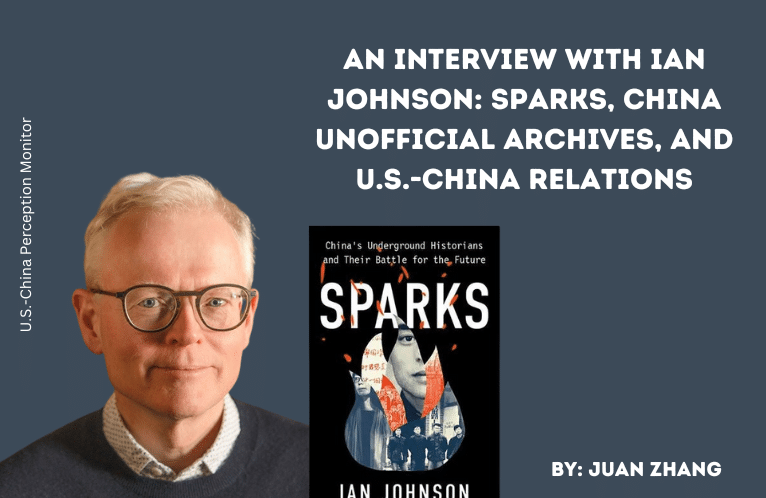When Will China Use Force to Reunite with Taiwan? Hu Xijin Explains His Position
Interview with Shao Yuqun on Taiwan: Will Beijing Negotiate with Lai’s Newly Elected Government?
Editor’s note: Will Beijing negotiate with the newly elected Taiwan government led by Lai Ching-te? Will there be a conflict between China and the U.S. over Taiwan? How will the new rising People’s Party influence Taiwan’s politics? The U.S.-China Perception Monitor recently published an analysis of Taiwan’s recent elections by U.S. Taiwan experts Douglas Paal and Bonnie S. Glaser. In this interview, we invited Shao Yuqun (邵育群), Director of the Taiwan, Hong Kong, and Macau Program at the Shanghai Institute for International Studies, to analyze these issues and provide a perspective from mainland China.
The 2024 Taiwan presidential election has concluded. The ruling party, DPP, secured its third presidential term. How do you view the election results?
The “two-in-one” elections in Taiwan have concluded. Based on the results, three points are crucial. First, the political landscape in Taiwan, previously dominated by the Kuomintang (KMT) and Democratic Progressive Party (DPP), has evolved into a tripartite situation. The support bases of both the DPP and KMT have diminished to varying degrees, while the center forces are expanding. Whether the People’s Party can transform from its current status as a “one-person party” into a true representative of the center forces needs further observation. Second, Lai Ching-te’s election as leader of Taiwan is unfavorable for cross-strait relations and stable development. Third, despite Lai Ching-te’s election, his vote percentage and overall voter turnout do not represent the mainstream opinion in Taiwan. He faces challenges in governance.
Beijing’s reaction to the election results has been relatively muted. What takeaways do you get from this response?
After the Taiwan election, China’s response was both firm and restrained. In the face of the international community, the Chinese Ministry of Foreign Affairs expressed gratitude to the majority of countries supporting the One China principle while issuing a stern warning to those using the Taiwan election to promote the so-called ” Theory of the Undetermined Status of Taiwan.” Facing the people of Taiwan, the spokesperson for the Taiwan Affairs Office made a very restrained statement, showing respect for the people of Taiwan and emphasizing the determination to promote cross-strait exchanges, cooperation, cultural heritage, and the reunification of the motherland.
Lai Ching-te has a history of pro-independence. Surprisingly, he has expressed a willingness to engage in dialogue with Beijing on the principle of equal dignity. Do you think Beijing will respond to this request? If not, what is their biggest concern?
Lai Ching-te’s willingness to dialogue with mainland China is not surprising. Tsai Ing-wen has been advocating dialogue with the mainland for eight years and has shifted the blame for “rejecting dialogue and communication” onto the mainland. Lai Ching-te continues this approach. The reason for the lack of official dialogue between the two sides so far is that the DPP refuses to accept the 1992 Consensus and also cannot propose a new framework that includes the concept of “both sides belonging to One China.” Without a clear definition of the political relationship between the two sides, official dialogue is not possible, and Lai Ching-te is well aware of this.
A significant highlight of this election is the rise of the third party, the People’s Party. How do you perceive its future impact on Taiwan’s political landscape?
The future of the People’s Party has two possibilities. First, it may not escape the fate of being a “one-person party” and gradually fizzle out as Ko Wen-je’s influence declines. Second, it could become more powerful over the next four years by competing for the leadership of the opposition, eroding the influence of the KMT. Its impact on Taiwan’s internal political situation mainly depends on how it plays the role of the “crucial minority” at the Legislative Yuan.
U.S.-China relations are currently at their lowest point since the establishment of diplomatic ties. Some analysts predict that military conflict may erupt between China and the U.S. over the Taiwan issue in the near future. How do you view this possibility?
China and the U.S. are both nuclear and economic powers, and neither wants direct military conflict in the Taiwan Strait. The Biden administration, before and after the Taiwan election, has drawn “red lines” for Lai Ching-te through various means to prevent provocations by Lai and the DPP against the mainland, leading to military conflict in the Taiwan Strait, with the U.S. being involved. Some have been hyping up the idea that the mainland will “reunify” Taiwan by force in the coming years. The reasons are complex: some people do not understand the historical context of cross-strait relations and China’s policy toward Taiwan, making erroneous judgments; some are using this topic to gain economic and political benefits; and some hope to tarnish the image of the mainland.









